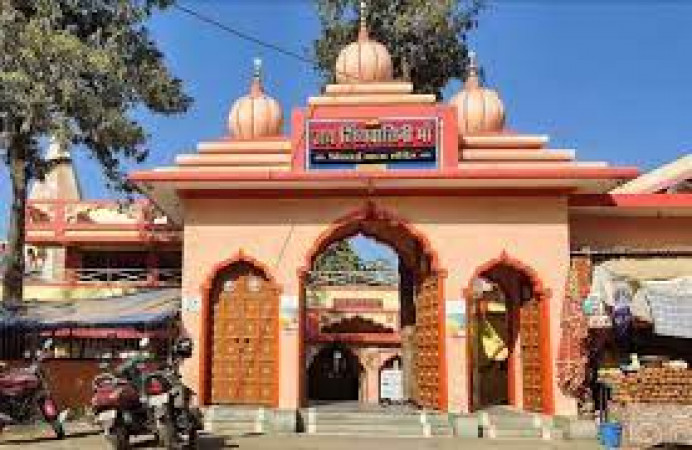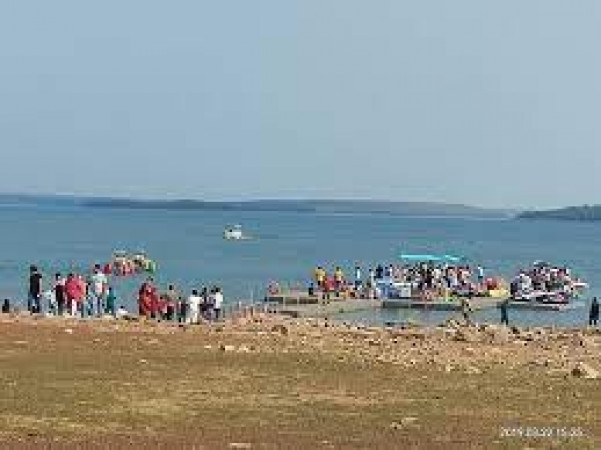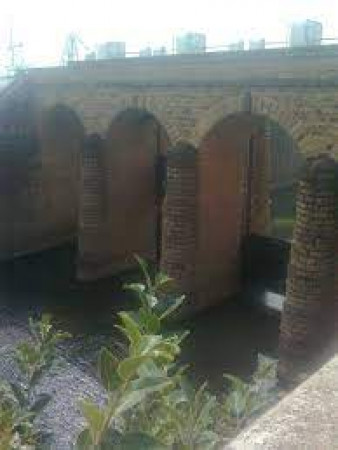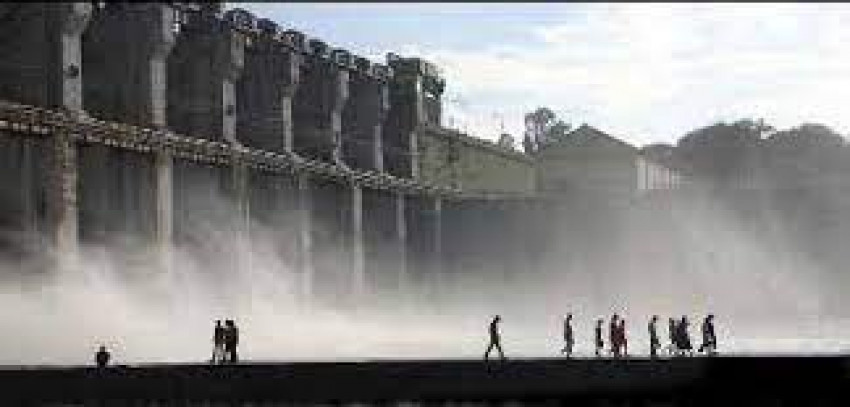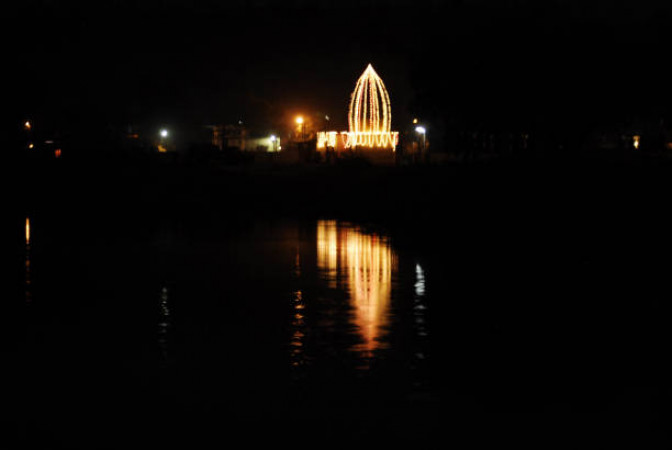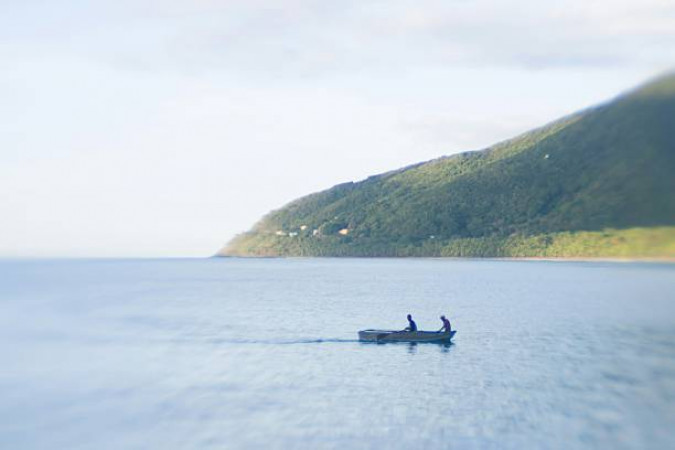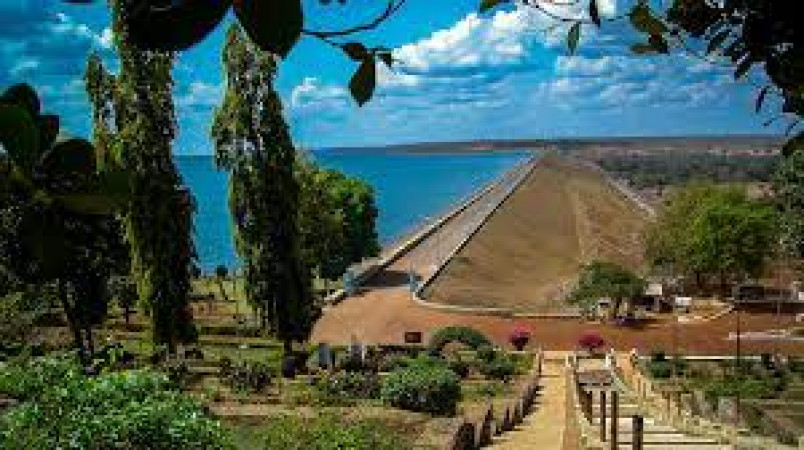
Dhamtari Travel Guide
Dhamtari, located in the state of Chhattisgarh in India, is a hidden gem for travelers seeking a mix of nature, culture, and history. Known for its lush green landscapes, ancient temples, and vibrant tribal culture, Dhamtari offers a unique experience for visitors. The town has a rich historical significance, with several archaeological sites dating back to the 5th century.Top Attractions in Dhamtari
- Shiv temple at Gangrel Dam
- Dhamtari Maa Bambleshwari Mandir
- Chandi Mata Mandir
- Indravati National Park
- Shivrinarayan
Dhamtari is Famous for
Natural beauty and vibrant tribal culture.Top Attractions in Dhamtari
- Explore the stunning Shiv temple at Gangrel Dam
- Visit the ancient Dhamtari Maa Bambleshwari Mandir
- Experience the local culture at Chandi Mata Mandir
- Go on a safari at Indravati National Park
- Discover the historical site of Shivrinarayan
What's Great about Travelling to Dhamtari?
- Experience the authentic tribal culture
- Explore ancient temples and historical sites
- Enjoy the serene natural beauty
What's Not So Great about Travelling to Dhamtari?
- Limited luxury accommodation options
- Language barrier for non-Hindi speakers
- Limited public transportation
Travel Tips for Dhamtari
- Carry cash as ATMs may be limited
- Respect local customs and traditions
- Book accommodation in advance
Important Dhamtari trip information
- Ideal Duration: 3-4 days
- Best Time to Visit: October to March
- Nearby Airports and Railway Stations: Raipur Airport and Dhamtari Railway Station
Top 4 Places to visit in Dhamtari
FAQ's on Dhamtari
Q1: What is the best time to visit Dhamtari?
The best time to visit Dhamtari is during the winter months from October to February when the weather is pleasant and ideal for exploring the region. Avoid the monsoon season from July to September due to heavy rainfall, which can limit outdoor activities. The summer months from March to June can be hot and humid, so be prepared for high temperatures if visiting during this time.
Q2: Do I need a visa to travel to Dhamtari?
Most tourists visiting Dhamtari will need a visa to enter the country. It is recommended to check with the nearest embassy or consulate for specific visa requirements based on your nationality. Some countries may have visa exemptions or visa-on-arrival options for short stays, so it's essential to research and plan accordingly.
Q3: What are the must-visit attractions in Dhamtari?
Dhamtari is known for its lush green landscapes, waterfalls, and wildlife sanctuaries. Must-visit attractions include the Maa Bamleshwari Temple, the Gangrel Dam, Sitanadi Wildlife Sanctuary, and the Kanker Palace. Explore the scenic beauty of the region by visiting the Rudri Park and the Turturiya Spring. Don't miss the opportunity to experience the local tribal culture and traditional handicrafts.
Q4: Is Dhamtari a safe place to travel?
Dhamtari is generally a safe place for travelers, but it's essential to take precautions like avoiding isolated areas at night and keeping your belongings secure. Stay informed about any local developments and follow the advice of authorities. Be respectful of local customs and traditions to ensure a smooth and safe travel experience.
Q5: What is the local currency in Dhamtari and can I use credit cards?
The local currency in Dhamtari is the Indian Rupee (INR). While major credit cards are accepted in hotels, restaurants, and larger establishments, it's advisable to carry cash for smaller purchases and in rural areas where cards may not be accepted. ATMs are widely available in urban centers for convenient cash withdrawals.
Q6: What is the local cuisine like in Dhamtari?
cuisine offers a blend of traditional tribal flavors and regional delicacies. Enjoy dishes like rice, dal, bhakri, and sabzi along with local specialties such as bamboo shoots, mahua flowers, and red ants chutney. Don't miss trying the street food like bhel puri, pani puri, and local sweets. Vegetarian options are prevalent, but you can also find non-vegetarian dishes in some restaurants.
Q7: What transportation options are available in Dhamtari?
Transportation options in Dhamtari include buses, taxis, auto-rickshaws, and rental cars. Public buses are a cost-effective way to travel within the city and to nearby towns. Taxis and auto-rickshaws are convenient for short distances, while rental cars offer flexibility for exploring the region independently. It's advisable to negotiate fares with auto-rickshaw drivers before starting your journey.
Q8: Are there any cultural norms or etiquette I should be aware of when visiting Dhamtari?
When visiting Dhamtari, it's important to respect the local customs and traditions. Modest clothing is recommended, especially when visiting religious sites or tribal villages. Seek permission before taking photographs of locals, and be mindful of their privacy. Greet people with a respectful "Namaste" and be open to experiencing the warmth and hospitality of the local community. Avoid public displays of affection and adhere to local norms to ensure a culturally sensitive visit.
Q9: I am a travel agent. How can I buy travel leads of Dhamtari?
Register yourself as a travel agent at agents.tripclap.com and then you can buy travel leads to Dhamtari once your account is approved. For more details contact our support team at +91-8069186564 or support@tripclap.com
